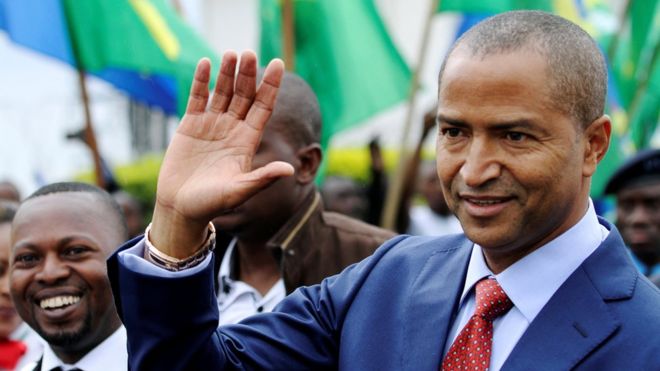The government of Uganda is has recently planned to downsize the civil service in order to help save money to improve on service delivery.
President Museveni had tasked former Finance minister Dr Ezra Suruma to lead a study on the bloated public service and associated wage bill and recommend appropriate actions for the government to take.
According to sources, one of the solutions proposed by the president is to reduce the number of civil servants. However, permanent secretaries demanded for a pay rise saying the Shs3 million take-home they get is inadequate yet they hold and account for budgets running into trillions of shillings.
The President, who has dubbed his new tenure as “Kisanja hakuna mchezo”, meaning a term of not playing games, reportedly rejected the higher salary demand and instead proposed that the wage bill is already unsustainable and the numbers of civil servants be slashed.
This, he argued, will enable savings to achieve social economic transformation. Mr. Museveni has promised that Uganda, under him, will leap into a middle income country by 2020, although the national Planning Authority and Justice Minister Kahinda Otafiire separately expressed reservations.
At the meeting, the President reportedly informed the permanent secretaries that increasing their pay alone would demoralise their subordinates and that in the past, he rejected similar requests for the same reasons.
Uganda last undertook a massive retrenchment in 1992 under Bretton Wood institutions-enforced Structural Adjustment Programs (SAPs) as a pre-condition continued funding and debt relief. The proposed downsizing of government workers, coming months after an election which the Opposition says was rigged, could likely render the exercise to claims of political witch-hunt.
In July, this year, particulars of about 5,000 civil servants were deleted from the payroll in a questionable clean up exercise. There are currently some 300,000 employed, with an additional 10,830 pending validation, according to the Public Service ministry records. These exclude Foreign Service officers, administrative attachés, and officers on study leave abroad.
Source: The Monitor



